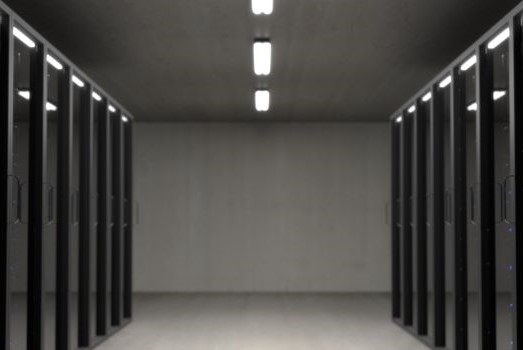CumulusData has announced the completion of a key milestone in the construction of Phase 1 of its 475-megawatt zero-carbon “Susquehanna” data centre that’s directly connected to 2.5-gigawatt nuclear power stations.
First Phase –Shell Ready For Lease
The company, a subsidiary of Talen Energy, says that the construction of the powered shell for its first 48-megawatt, 300,000 square foot data centre is now complete and available for lease.
The Advantages Of Being Connected To Nuclear Power Stations
Cumulus Data says that having a data centre that’s directly connected to the “Susquehanna” nuclear power stations, without intermediation by legacy electric transmission and distribution utilities, will provide the customer that leases the data centre with “significant value and competitive advantages”. For example:
- Data centres typically require enormous amounts of energy. Being directly connected to the source (a nuclear power station) can ensure an ultra-reliable, zero-carbon, 24×7 supply.
- Industry-leading total cost of ownership (“TCO”) with the most attractive power rate in the U.S. – a low-cost supply of energy.
- Scalability, flexibility, and time-to-market advantages with build-to-suit options, due to the design of the Cumulus campus.
- Zero-carbon environmental, social, and corporate governance (ESG) customer benefits.
- As Cumulus CEO Alejandro “Alex” Hernandez states on the company website, having data centres directly connected to nuclear power stations could be a way to “solve the energy ‘trilemma’ which we define as the rapidly increasing consumer demand for zero-carbon, low-cost, and reliable electricity”.
- The ability to supplement the zero-carbon offering with 400 megawatts of new solar generation capacity (currently under development).
When?
Cumulus Data says that it expects to welcome its first tenant and commence commercial operations at the nuclear-powered data centre this year.
Other Benefits
In addition to meeting the need for zero-carbon, low-cost, reliable energy to power technology applications, it is anticipated that the “Susquehanna” data centre campus investment could deliver many other benefits. For example, these could include the creation of family-sustaining jobs, the provision of technology training, and economic benefits including tax revenue and increased consumption of local goods and services to both Pennsylvania and the surrounding community.
What Does This Mean For Your Business?
Data centres have long been a significant (and growing) source of greenhouse gas emissions, due to the large amount of energy they consume for cooling, power, and network operations. There is clearly a need, therefore, to find ways to decrease the amount of carbon that data centre operation produces. For many people, however, nuclear energy comes with concerns about safety and what to do with the highly toxic waste. That said, nuclear energy is a low-carbon source of electricity, benefitting from high energy density and low greenhouse gas emissions in the production of energy. This means that it could, as Cumulus Data believes, play a role in reducing data centre carbon emissions and help to combat climate change. In this sense, having a data centre powered by a direct link to a nuclear power station could be a real step forward in the decarbonisation of data centres.
There are, of course, other methods currently being tried, e.g. using immersion cooling technology, and using more generally more efficient cooling systems, server virtualisation, and dynamic power management, but these are more related to reducing the amount of carbon in operation and cooling rather than in the supply of energy to the data centre. Cumulus Data’s nuclear powered data centre also appears to be able to offer some significant cost savings to tenants and other benefits to the area in addition to the low-carbon energy on-tap, and the reliable power source which may make it a very economically attractive option.
If you would like to discuss your technology requirements please:
- Email: hello@gmal.co.uk
- Visit our contact us page
- Or call 020 8778 7759
Back to Tech News



